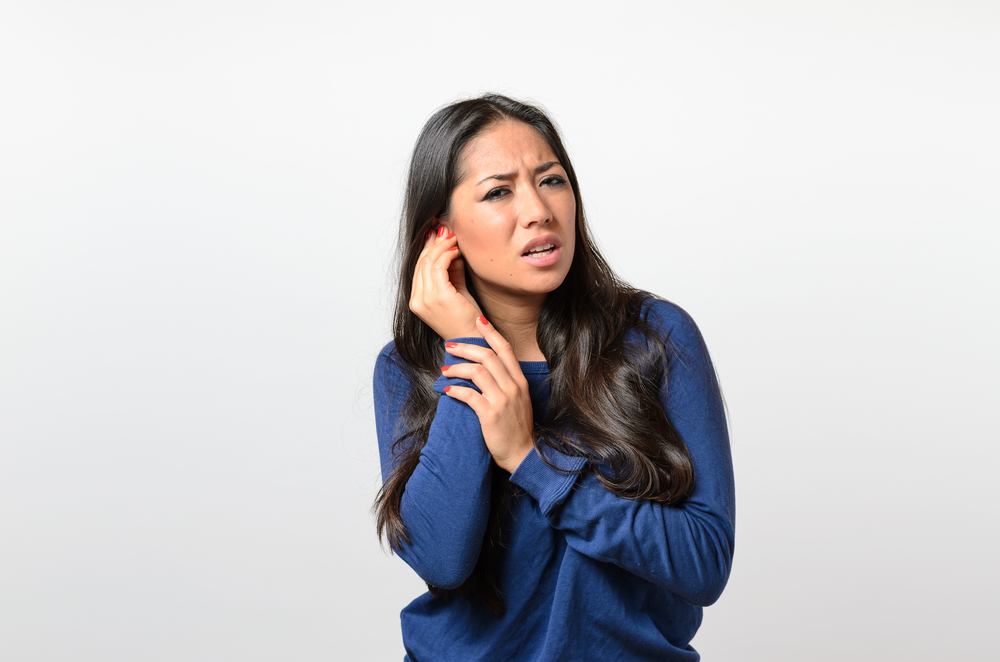Contents:
- Medical Video: The Difference Between Outer and Middle Ear Infections
- What is otitis media?
- How to treat otitis media?
- Overcoming pain
- Fight bacterial growth
Medical Video: The Difference Between Outer and Middle Ear Infections
Ear pain when lying down, there is pressure in the ear, headache, fever up to 38 degrees Celsius - have you experienced this? If so, this may be the ear pain that you feel is a sign of otitis media. Otitis media often occurs in children, but that does not mean adults cannot experience this condition. So, what if this happens?
What is otitis media?
Otitis media is a condition of ear infections in the middle ear. This infection is generally caused by bacteria or viruses. This otitis media ear pain is very painful and disturbing. It can even make it difficult for people to sleep because there is inflammation and accumulation of fluid in the area of the middle ear. In addition, fluid can also come out of the ear.
This ear infection does not cause long-term complications. However, there are still some complications that can occur if this infection is not treated.
For example, impaired hearing ability, infection spreads to other parts such as mastoiditis (an infection that spreads to the mastoid bone), to tear the eardrum. All of these complications are not permanent, can be cured when the otitis media infection has been treated properly. Therefore, proper treatment of otitis media is needed.
How to treat otitis media?
When experiencing otitis media there are a number of things that are overcome, namely the pain you experience, and the medication needed to fight bacteria.
Overcoming pain
To overcome this pain, there are two things that you can generally do:
Warm compresses
Put a warm, damp cloth over the infected ear to reduce pain.
Pain medication
Your doctor will usually recommend the use of painkillers that can be purchased at a pharmacy, such as acetaminophen (Tylenol) or ibuprofen (Advil, Mortin IB) to relieve pain that is no longer blocked using warm compresses.
Use this pain reliever according to the dosage and instructions given. Especially if this is experienced by children. We recommend that you talk with your doctor before giving painkillers due to otitis media in children.
Fight bacterial growth
In addition to reducing the pain caused by infection, antibiotics may also be given to fight the attack of bacteria that occur in the ear. There are many choices of antibiotics commonly given to people with otitis media:
- Amoxicillin (Amoxil, Trimox, Wymox)
- Cefixime (Suprax)
- Cefuroxime Axetil (Ceftin)
- Cefprozil (Ceffil)
- Cefpodoxime (Vantin)
- Cefdinir (Omnicef)
- Clindamycin (Cleocin HCl)
- Clarithomycin (Biaxin)
- Azithromycn (Zithromax)
- Ceftriaxone (Rocephin)
All choices of antibiotics given are antibiotics taken, not those that are dropped into the ear. For more information, consult directly with your doctor.














